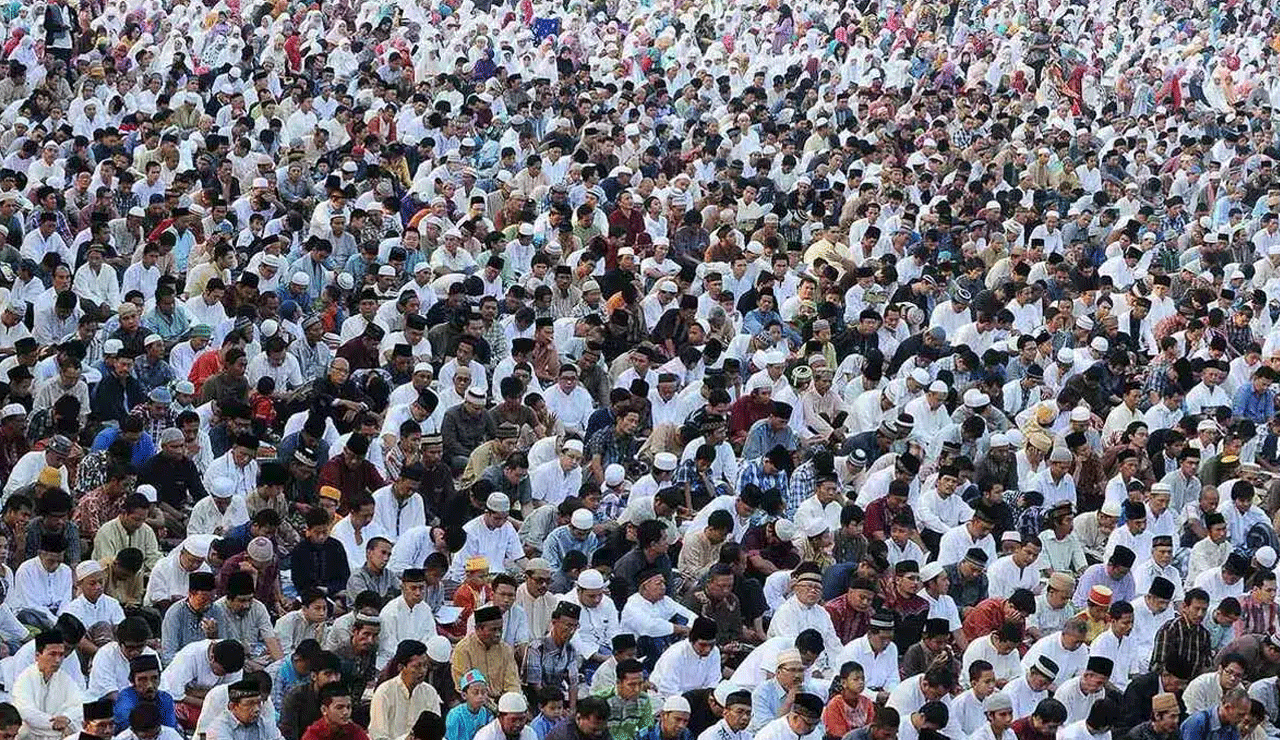Can You Ban a Prayer? Pakistan’s Eid Advisory Against Ahmadis Sparks Controversy
As Eid al-Adha (Bakra Eid) approaches, the Lahore High Court Bar Association (LHCBA) has formally requested the Punjab Police Chief to prevent the Ahmadiyya community from performing Islamic rituals such as Eid namaz and animal sacrifice, intensifying ongoing religious tensions in Pakistan.

Lahore: As Eid al-Adha (Bakra Eid) approaches, the Lahore High Court Bar Association (LHCBA) has formally requested the Punjab Police Chief to prevent the Ahmadiyya community from performing Islamic rituals such as Eid namaz and animal sacrifice, intensifying ongoing religious tensions in Pakistan.
Table of Contents
LHCBA Urges Action Against Ahmadi Participation in Eid Rituals
In an official letter, the LHCBA claimed that Eid al-Adha rituals are exclusively for Muslims, and the Ahmadiyya community — deemed non-Muslim by Pakistan’s Constitution — must not be allowed to perform them. The letter calls Ahmadis using Islamic symbols or practices a “legal violation”, referencing the Penal Code, the Constitution, and Supreme Court rulings.
Also Read; Preity Zinta Pens Emotional Note for Punjab Kings and Fans After IPL 2025 Exit
Ahmadis Face Legal Threats and Growing Harassment Ahead of Eid 2025
Reports by DAWN and Amnesty International highlight that since April, at least three Ahmadis have been killed, while many others are facing police harassment and legal pressure. Authorities in several areas have demanded signed affidavits from Ahmadis promising not to:
- Offer Eid prayers
- Perform Qurbani (animal sacrifice)
- Organise religious gatherings resembling Islamic traditions
Failure to comply could lead to fines up to PKR 5 lakh (₹1.5 lakh INR) or criminal prosecution.
Amnesty International Condemns Pakistan’s Crackdown on Ahmadi Rights
Human rights watchdog Amnesty International strongly condemned Pakistan’s actions, calling them a direct violation of religious freedom. Isabelle Lassee, Deputy Regional Director for South Asia, stated:
“Authorities are not only failing to protect Ahmadis, but are actively suppressing their right to religious belief.”
Amnesty reviewed documents from Lahore, Karachi, Rawalpindi, and Sialkot, revealing detention orders and surveillance tactics used to restrict Ahmadi religious expression ahead of Eid al-Adha 2025.
Who Are the Ahmadis, and Why Are They Targeted?
The Ahmadiyya Muslim Community considers itself part of Islam and follows its core tenets, including the Five Pillars and Six Articles of Faith. However, they believe that Mirza Ghulam Ahmad was a prophet and messiah, which contradicts the mainstream Islamic view that Prophet Muhammad was the final messenger.
As a result:
- Ahmadis have been constitutionally declared non-Muslim in Pakistan (since 1974)
- They are banned from calling their places of worship “mosques”
- Forbidden to perform Hajj or Umrah
- Prohibited from preaching or identifying as Muslim
Global Concern Over Religious Freedom in Pakistan
The crackdown on Ahmadis during Eid is being seen as a larger pattern of systemic discrimination. International human rights bodies are now calling on Pakistan’s federal and provincial governments to uphold religious freedom, ensure equal protection, and cease persecution of religious minorities.
